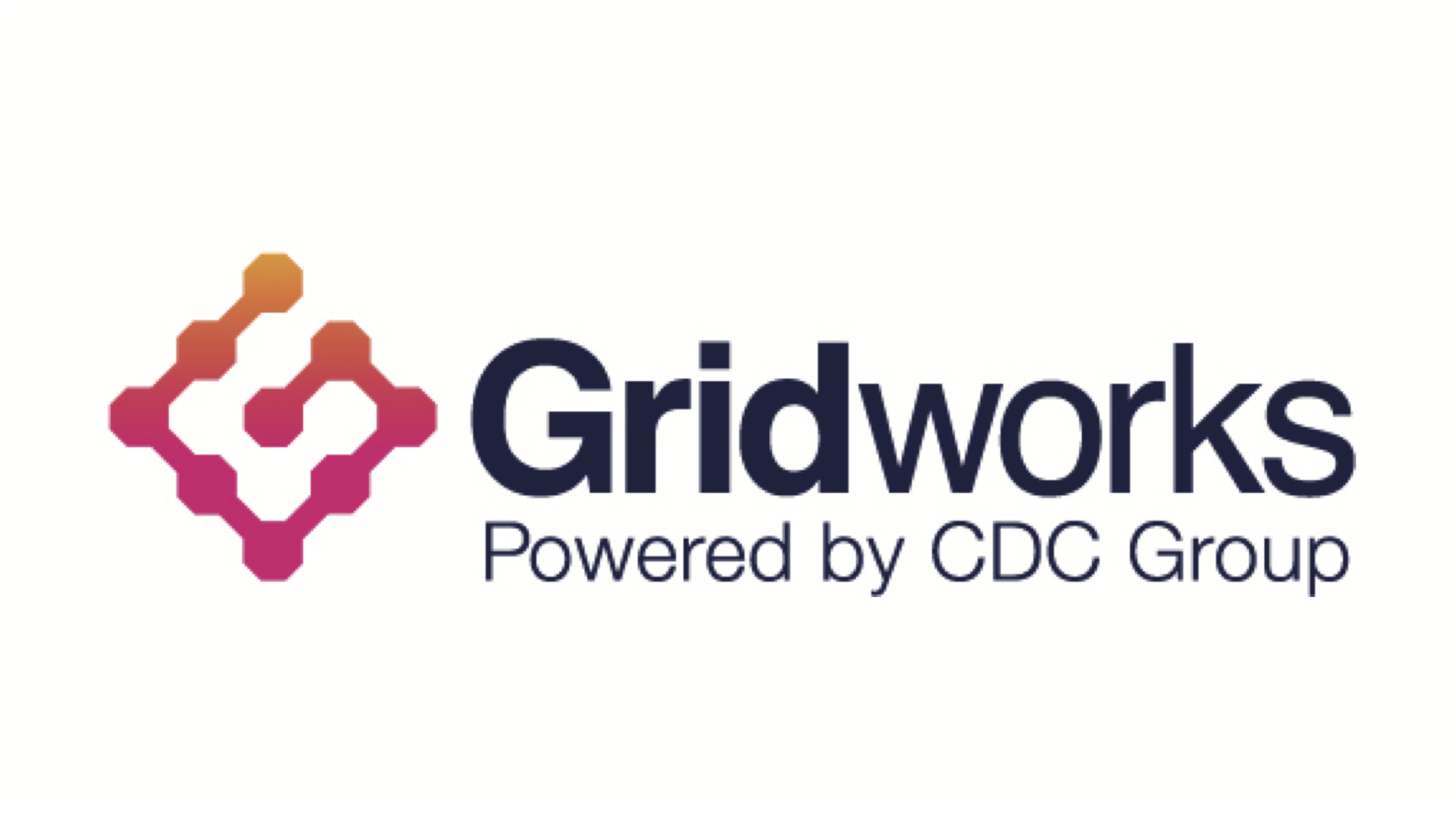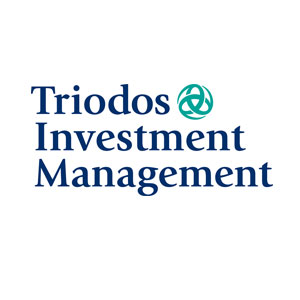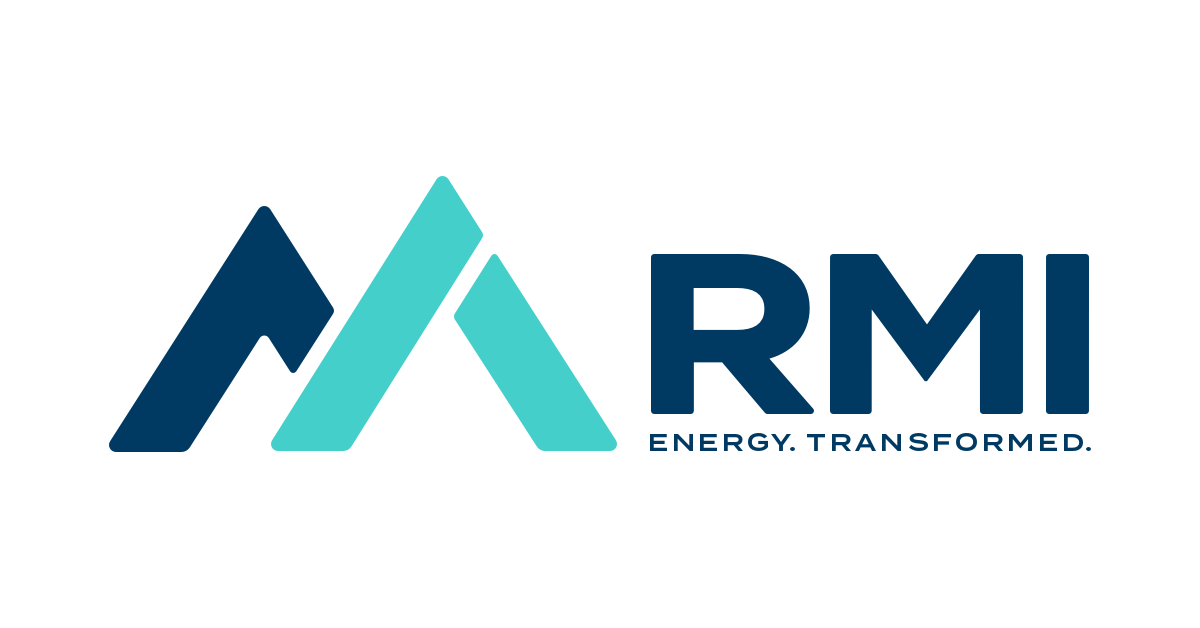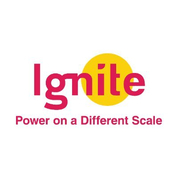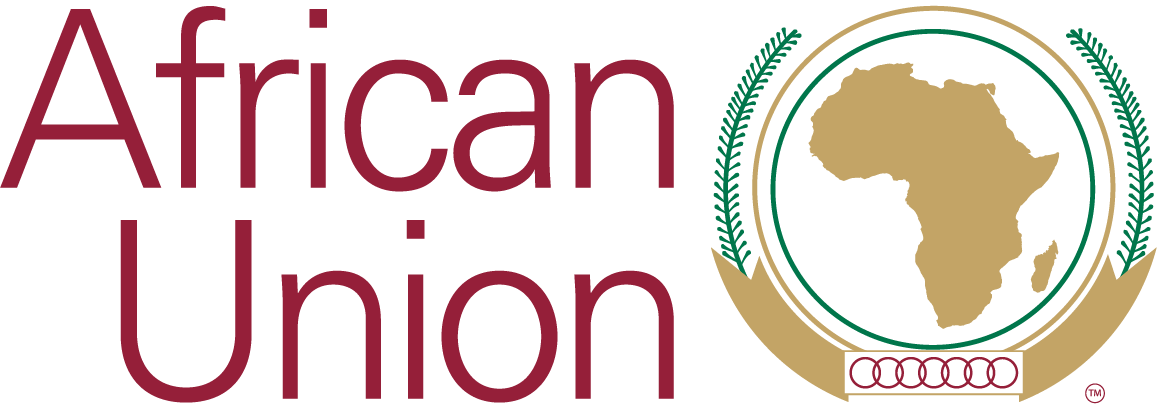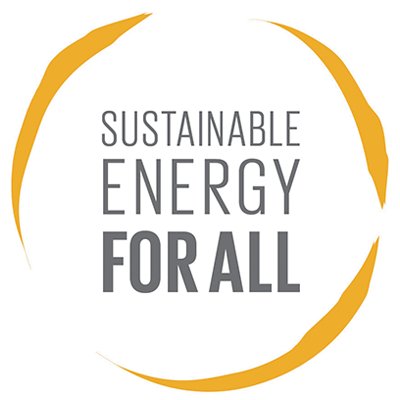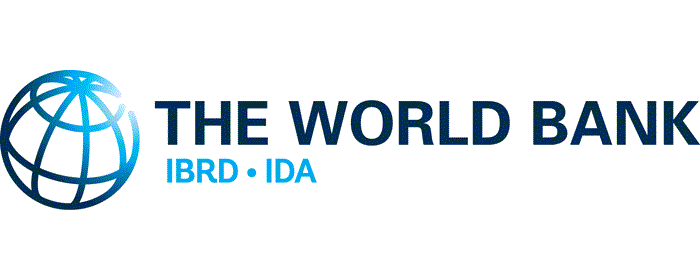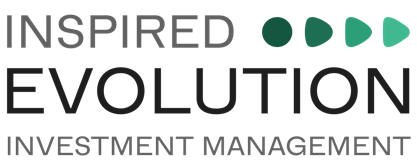20 December 2022: Gridworks, the UK government-backed investor in Africa’s electricity networks, has today announced it will invest up to US$50 million in Virunga Power.
Virunga Power develops, invests and operates hydro-backed distributed renewable power generation projects and grid distribution networks that bring reliable and sustainable electricity to rural communities and businesses in East and Southern Africa. Gridworks was established, and is wholly owned, by British International Investment, the UK’s development finance institution. Gridworks’ focus is to create development impact by connecting Africa’s people and businesses to reliable, affordable, clean power.
Gridworks’ investment will fund new projects across the continent, including in Burundi, Malawi, Zambia and Kenya. It will also support the substantial growth of the Zengamina hydro-backed rural utility in northern Zambia (pictured above), resulting in increased generation capacity and the addition of thousands of new connections.
Virunga Power works with local developers and rural communities to drive sustainable economic growth and electrification for those not effectively served by national utilities. The company uses run-of-river hydropower technology and focuses on projects of up to 20 MW as well as associated transmission and distribution networks to provide affordable access to energy in rural areas, and to reinforce national grid stability.
Rural electrification is a key part of Gridworks’ mandate and an area that is gaining greater attention from governments, funders, and policy makers as the push to achieve connection targets under the UN’s Sustainable Development Goals intensifies. According to the World Bank, Zambia, Malawi and, in particular, Burundi have some of the world’s lowest rural electrification rates (15%, 6% and 2%, respectively).
The impact of this investment will be measured in a number of ways, including new GW hours generated, new connections made, and CO2 emissions avoided.
Virunga Power works with its newly connected communities to generate new income by using electricity to stimulate industrial and commercial activity. The company works with local financing and community development partners to help foster ecosystems that can drive productive uses of energy at the household, village, and industrial levels. For example, this includes helping customers buy machinery that can improve farming yields and boost income.
Virunga Power’s current institutional backers include EDFI ElectriFI, the EU-funded Electrification Financing Initiative, and the Camco-managed Renewable Energy Performance Platform (REPP,) who are leading investors in early-stage energy access and renewable energy companies in Africa. Together they provided Virunga Power with critical growth capital during its ‘Series A’ investment round which closed in 2019.
Welcoming the announcement, Gridworks’ CEO, Simon Hodson, said: “I’m delighted to announce our investment in Virunga Power. Access to reliable, clean, affordable energy is a catalyst to a better life, but this is currently out of reach for people in the rural areas that Virunga Power wants to serve. We’re committed to making Virunga Power our platform to build hydro-powered rural utilities in at least four countries in Southern and Eastern Africa. Our capital will help them to close the energy access gap and unlock opportunities for people across the region.”
Brian Kelly, CEO of Virunga Power, said: “We’re thrilled to be able to announce this transformational investment from Gridworks. An investment of this magnitude validates the approach we take to bringing clean and affordable power at scale to rural areas. Our pipeline and portfolio of utility projects continues to grow, and we will use the capital and expertise from Gridworks to expand electricity access and drive economic and industrial growth in communities across the region.”
Jean-Denis Collin, ElectriFI Manager at EDFI Management Company, said: “Over the past four years, EDFI ElectriFI, sponsored by the European Union, together with Power Africa, and the governments of Sweden and Italy, were instrumental in validating the model and further secure a pipeline of run-of-the-river hydro projects in East Africa. Gridworks’ investment is timely and catalytic; it brings additional expertise and capital to further convert the pipeline and build a strong hydro-powered rural utility platform in Southern and Eastern Africa. Congratulations to all involved.”
Ben Hugues, REPP Lead at Camco, said: “As an early-stage investor, we have long since seen the enormous potential of Virunga Power in delivering transformative impact to communities across the region. Our confidence in and support for the company has enabled it to grow to the point where it has been able to secure this pivotal investment from Gridworks, which will help the company deliver on its exciting expansion plans.”





